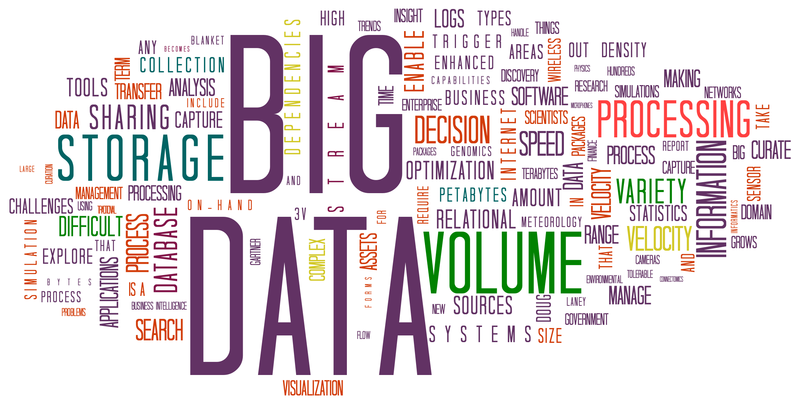“Big Data” has been all the rage for a while. Everyone is trying to figure out what to do with all that data that your business is collecting about customers and operations.
I want to propose the “Big Data Decision Value Theorem™” : The value of a decision is inversely proportional to the amount of data you have available to make it.
In other words, if you have billions of data points, any individual decision made is probably not worth a lot. Collectively, all those tiny value decisions may add up to be worth a significant amount, which is why companies like Amazon, Google, and Netflix collect so much information about each individual using their services. The value of a single ad delivered to a single user isn’t worth much to Google, but scaling it to billions of ads served to a billion users, and we’re talking real money.
Conversely, making large strategic decisions requires less data than you would imagine.
Okay, so you probably wouldn’t take this to the extreme, and say you only need 1 (or no!) piece of data to make a “bet your company” decision, but the idea of managing the businesses in your company does not require a billion pieces of data. You probably have a good idea of how a business is doing by looking at a few charts that show its current state, past trends, and forecasts. Reviewing the competitive landscape rounds out the information you need to make decent decisions about a single business.
But what if you have 30+ businesses or 100+ properties and are trying to view them as a cohesive whole?
While you can’t begin to understand the interactions of all the businesses by looking at all their separate charts, computers can aid you. They can notice that 7 businesses generate excess cash flow during times when 14 other businesses need cash to grow. Or that adjusting when new opportunities are executed can keep you from needing additional capital.
These are the kinds of tools that npv10 is building. They aid your analysis, and help make decisions about what to do, and when. They only require the same data you probably see in reviewing each business separately. And then you can start thinking strategically about what your company’s overall goals are, and the tools will help you figure out how to get there.
We will be glad to do a quick analysis for you, using what data you have, to show you the value your company can create by using our products. As the tools are not yet released, we can do some number of analyses free of charge.
